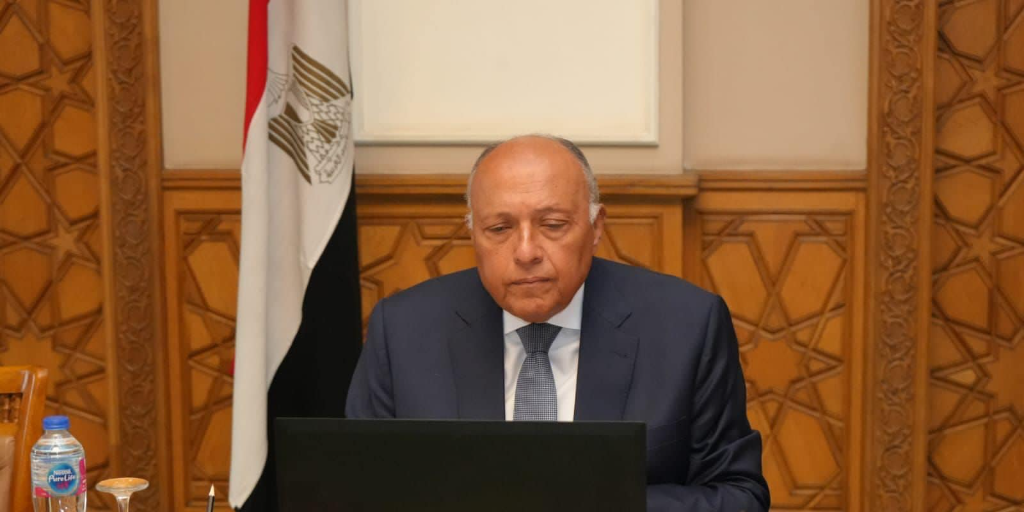Egypt’s Minister of Foreign Affairs Sameh Shoukry cautioned neighbouring diplomats of Ethiopia’s unilateral policies and recent violations of international law, labelling the country as a source of instability in the region.
Shoukry’s concerns, expressed during an extraordinary session of the Arab League ministerial council in Cairo on 17 January, came in light of Ethiopia’s recent Red Sea agreement with the unrecognized state of Somaliland.
Somaliland, which declared itself independent of Somalia in 1991, granted Ethiopia leasing rights to militarily establish itself on its Red Sea coastline.
Shoukry highlighted the Arab world’s deep concern for recent developments in Somalia, drawing attention to Egypt’s prior warnings about the potential repercussions of Ethiopia’s actions.
The United States, which also does not recognize Somaliland, issued a similar concern on 16 January through its National Security Council (NSC).
“We’re certainly troubled,” The NSC’s Director of Strategic Communications John Kirby said. “As we’ve said many, many times, we support Somalia’s sovereignty, their territorial integrity, and it’s got to be respected.”
Shoukry equally affirmed Egypt’s steadfast support for Somalia and urged all Arab and international parties to uphold their responsibility in respecting Somalia’s sovereignty.
Tensions between Egypt and Ethiopia can be traced back to 2011 when Ethiopia began its construction of the Grand Ethiopian Renaissance Dam (GERD) without prior agreement or notification to Egypt – posing a threat to its water security.
Ethiopia argues that the mega-dam project is intended for power generation and development, refusing to limit fillings over the years. Egypt remains apprehensive that unregulated water release could endanger its water security and agriculture.
Subscribe to the Egyptian Streets’ weekly newsletter! Catch up on the latest news, arts & culture headlines, exclusive features and more stories that matter, delivered straight to your inbox by clicking here.







Comment (1)
[…] ظهرت في الأصل على […]